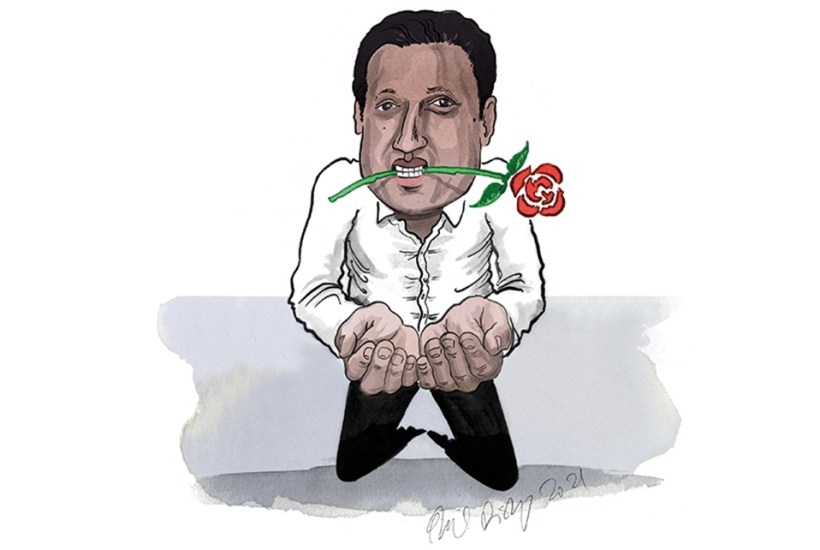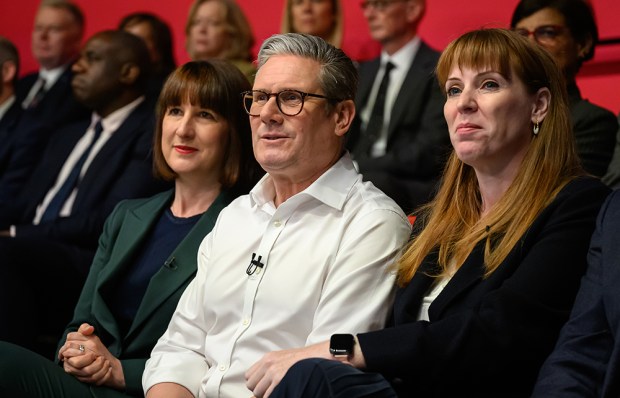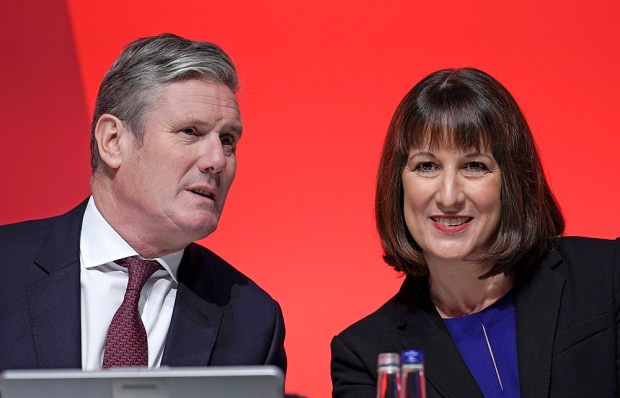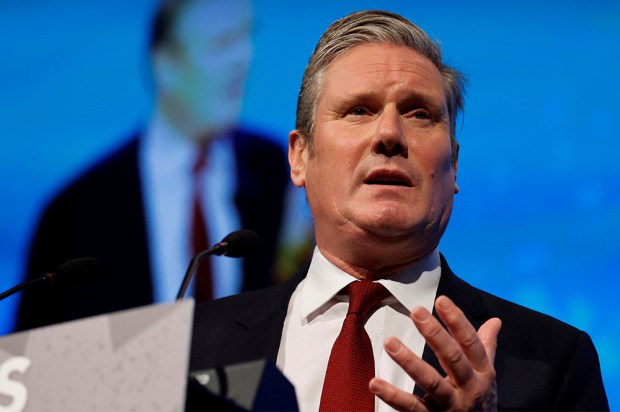When the political cabinet met on Tuesday, by-elections were on the agenda. The Prime Minister is facing four of them. David Warburton, suspended from the party last year over a sex and cocaine ‘sting’, is the latest to step down. On 20 July the Tories will try to defend his constituency of Somerton and Frome, Boris Johnson’s old seat of Uxbridge and South Ruislip and Nigel Adams’s Selby and Ainsty.
Already a subscriber? Log in
Subscribe for just $2 a week
Try a month of The Spectator Australia absolutely free and without commitment. Not only that but – if you choose to continue – you’ll pay just $2 a week for your first year.
- Unlimited access to spectator.com.au and app
- The weekly edition on the Spectator Australia app
- Spectator podcasts and newsletters
- Full access to spectator.co.uk
Or
Unlock this article
You might disagree with half of it, but you’ll enjoy reading all of it. Try your first month for free, then just $2 a week for the remainder of your first year.















Comments
Don't miss out
Join the conversation with other Spectator Australia readers. Subscribe to leave a comment.
SUBSCRIBEAlready a subscriber? Log in